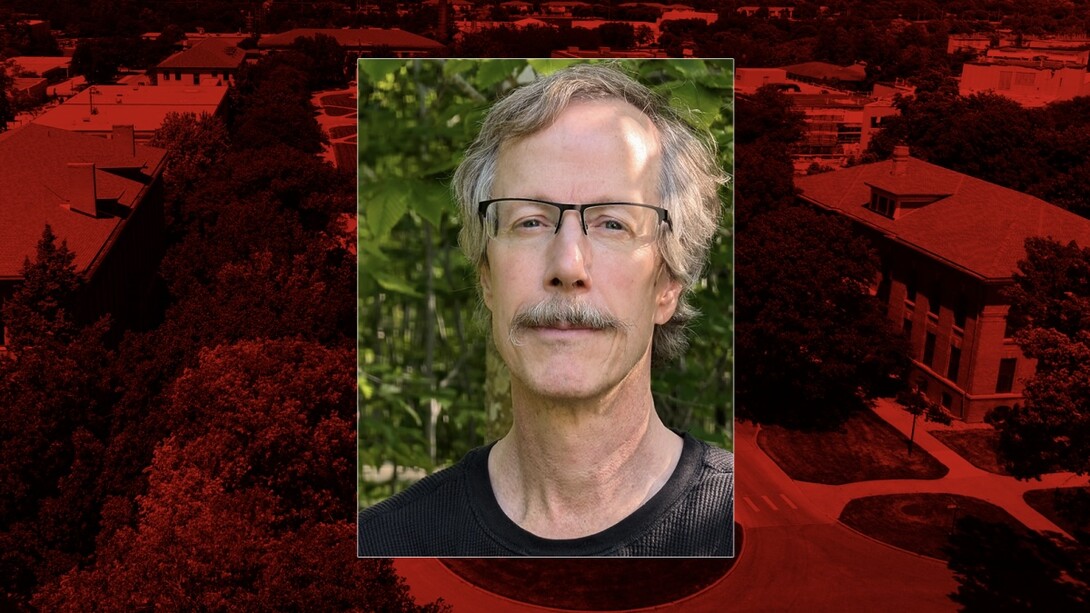
Lincoln, Neb. —A Nebraska scientist and professor is chairing an international panel of experts in assessing forests globally.
Craig Allen, who directs the Center for Resilience in Agricultural Working Landscapes at the University of Nebraska-Lincoln, is leading the panel coordinated by the International Union of Forest Research Organizations in the assessment, “Forests for Social and Economic Resilience.” Past panels have written eight global reports and accompanying policy briefs since April 2007.
Allen’s expertise is in ecological resilience, a measure of the ability of a system, like a forest, to withstand disturbance and still keep its structure and function. Typical disturbances for a forest are drought, wildfire, disease and deforestation.
Allen has developed techniques for quantifying and assessing resilience and carried out assessments on a scale smaller than global, such as on the Platte River. Most of the other scientists and professors on the panel have expertise in forests or economics.
The panel is looking at the resilience of forests and ways forests contribute to broader resilience globally. Allen pointed out that forests provide goods like lumber and jobs for people, offer spaces that enhance physical and mental health, serve as habitat for animals, remove carbon dioxide from the air, keep soil intact and help clean water supplies. He said that cities like New York City and Greenville, South Carolina, maintain large forest tracts to help clean their water supply and that their nearby forests more cheaply keep a clean water supply than building more treatment facilities or bringing water in from elsewhere.
Forests fall within the U.S. Department of Agriculture, but people often forget this in places like Nebraska, Allen said.
“This is not the kind of agriculture that people in Nebraska would think of normally because we don't have a forest-based economy at all, and we have very limited forests,” he said. “In fact, cedar forests are a problem, but globally, and for much of the United States, forests are really, really important.”
Since the assessment is global, the panel is also. Five members besides Allen come from the United States and eight come from Austria, Canada, India, Nepal and Spain. They have been meeting online and drafting chapters for a report restricted to 200 pages or fewer. They plan to also write a briefer paper recommending policies.
The panel is scheduled to meet in Rome in October and finish the report and policy brief in 2025, with the International Union of Forest Research Organizations then presenting them to interested organizations globally. Past reports have been presented to the United Nations. A media blitz may follow, with past reports finding coverage in publications such as Nature and The New York Times.
Allen said work on the assessment is a different challenge from his normal research and something he looks forward to.
“A lot of my work on resilience is academic, and some of it very theoretical,” he said. “So, it advances theory, and it ultimately has utility to how we manage things, but it's not direct. And sometimes we do things testing different management approaches, like putting fire on at Barta Brothers Ranch, but rarely do I get a chance to do work that has such direct policy implications, especially at global scales.
“I thought this is a really good opportunity to do something like that, and it'd be interesting and useful, having a policy outcome, hopefully, and just be enjoyable to do.”







